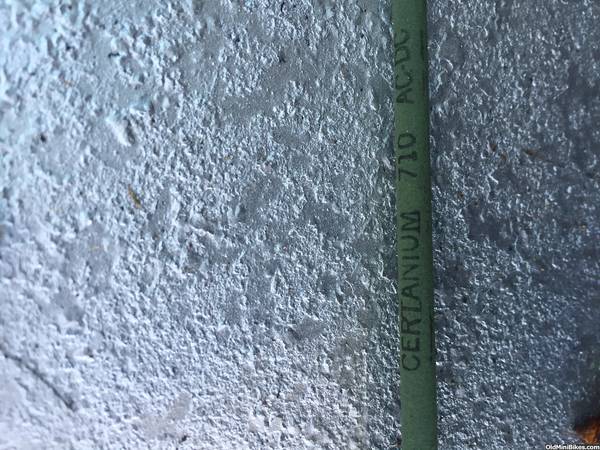IIRC, Randy works outside in the wind, so he can forget about shielding gas. Flux core only for him. Like Dave said, flux core means reverse polarity (most likely, your machine will,say on the inside) so don't forget that.
Any wind or breeze will blow the shielding gas away, leaving any welds made that way not shielded at all , they will be brittle and weak. Shielding gas is for indoor shop use only. You could rig something up like a plastic garage or something but welding out in the open with any breeze at all renders the shielding gas pretty much useless.
Flux core is convenient but it is dirty. And I mean dirty, black smoke and tons of Sparks and slag and spatter. Adjusting your settings can help slightly but it really is just the nature of the beast. You might want to go back to harbor freight and buy some grinding/sanding wheels because you are going to need them. Flux core requires more finish work than welding with shielding gas because of the increased spatter and slag.
Also take care to wear a heavy sweatshirt, long sleeves, gloves, even a welders hat under your welding mask, because sparks are going to burn you if you don't. Just a warning.
But other than that, the flux core welding process is fine, I have welded tons of stuff in the construction field with zero issues. As always, be mindful of the duty cycle of the machine you are using and you should be fine.



